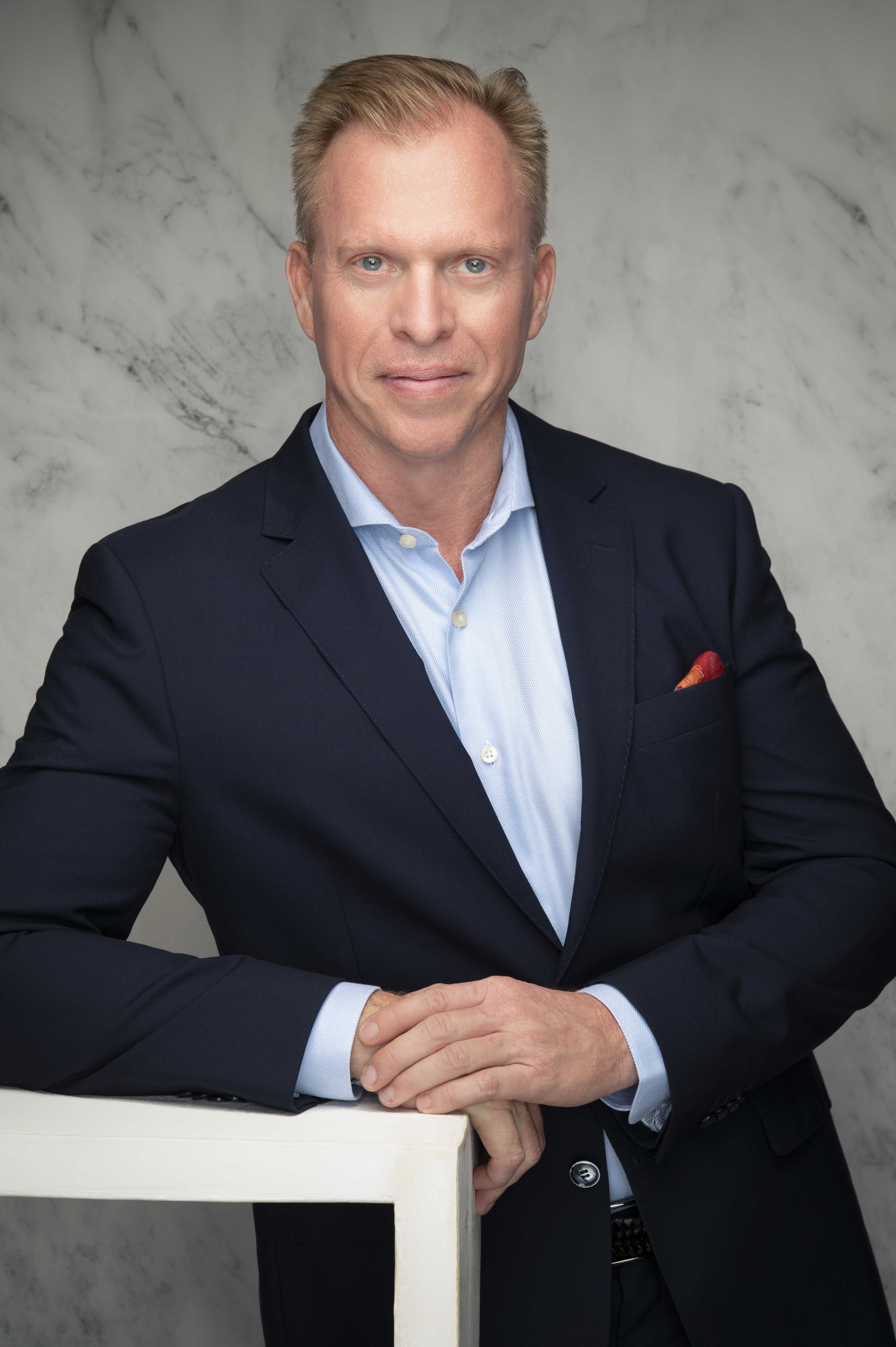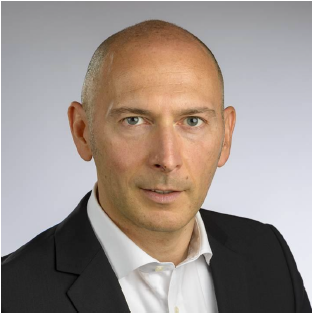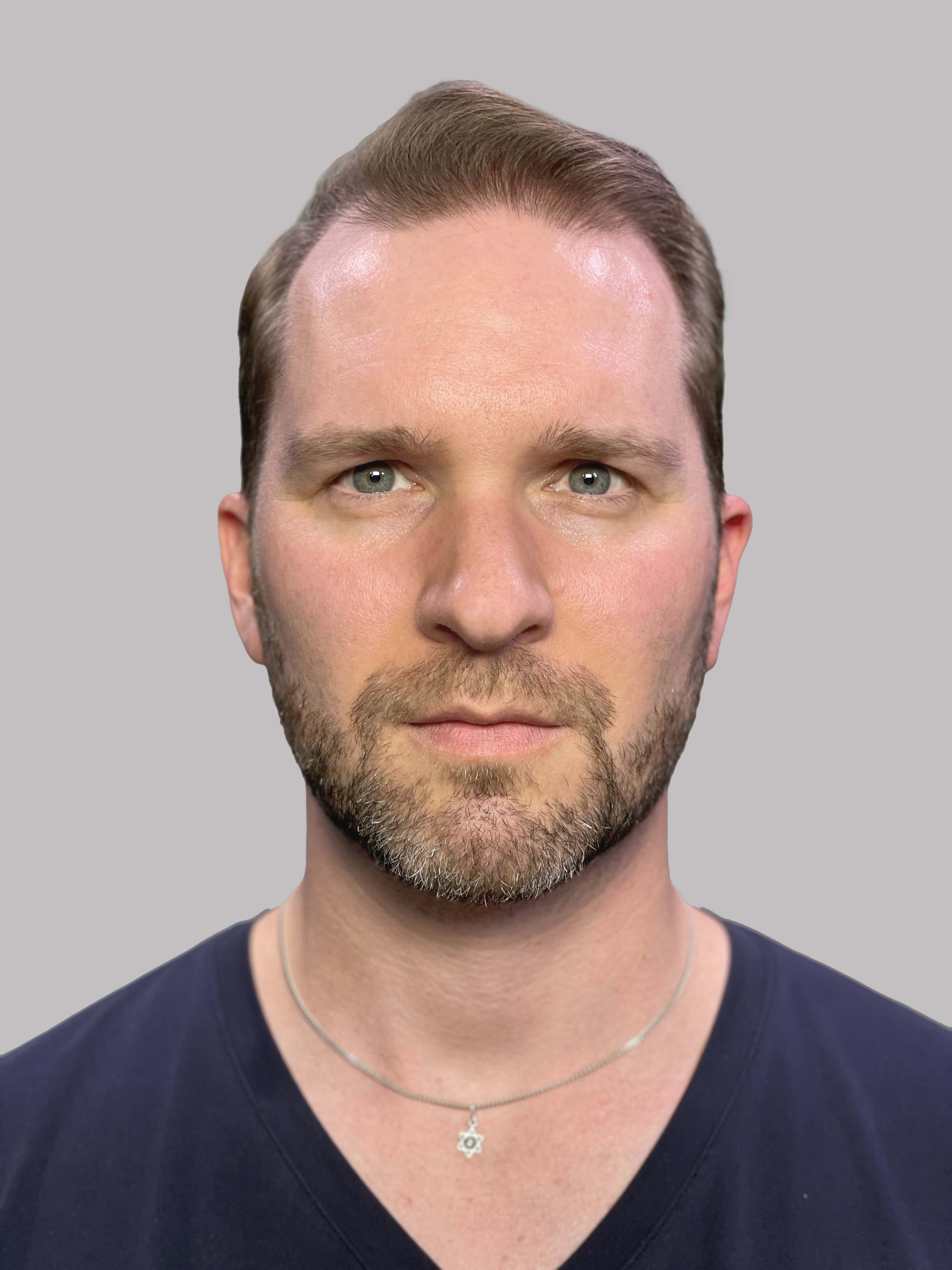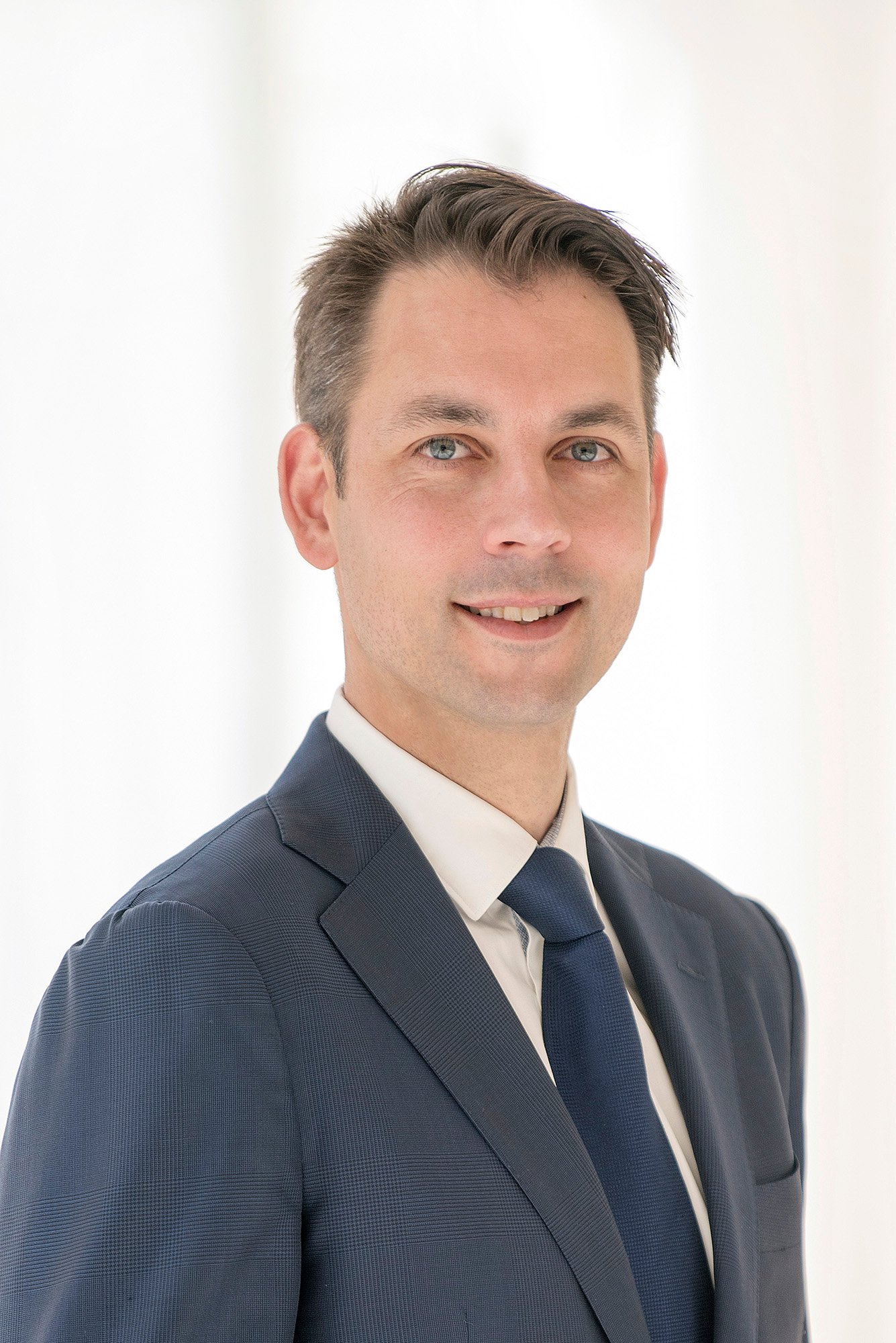Fundamentally, the EMC is about “self” as an instrument for “change”.
Johann Kritzinger

Could you share a fun fact about yourself – perhaps something unexpected about you?
I am a keen sportsman and enjoy running and paddleboarding.
Can you tell us a little more about your personal and professional career journey so far? How did you get to where you are today?
Since doing vacation work as a young student, I have always been intrigued and fascinated by organisations as social institutions. I remember how, as a young student, I listened to the stories told by the office workers during their tea breaks. Inevitably, there were complaints about their supervisors and departmental managers and office gossip about who is jockeying for the next promotion.
I then realised that organisations serve as mirrors of our societies, reflecting countless inter-personal dramas, that also play out at group and institutional levels.
These early experiences promoted me to study Industrial/Organisational Psychology at Stellenbosch University, in the Western Cape, South Africa, culminating in obtaining a Master’s degree and registering as an Industrial Psychologist with the South African Health Professional Council.
In this sense, I regard Industrial/Organisational Psychology as my vocation, while subsequently moving through different roles in different organisations, in South Africa and the United Arab Emirates.
Interestingly enough, I was introduced to system psychodynamics in the early 2000’s while working as a management consultant with Gemini Consulting, an affiliate of Cap Gemini. What made Gemini Consulting unique is that we worked with both the conscious and unconscious aspects of our client organisations, especially where fundamental transformation was required.
From this, I learnt that during fundamental organisational change, it is equally important to work with peoples’ fears, anxieties, aspirations and desires, as the more visible and formal aspects of organisational change.
After Gemini Consulting, in 2005, I joined Eskom Holdings SOC Ltd, South Africa’s electricity utility. At Eskom I occupied various management roles in organisational change and leadership.
In 2009, I joined Eskom’s nuclear division. I continued my work in organisational and leadership effectiveness, but now the focus shifted to the achievement of nuclear safety as the overriding priority to any other consideration.
Again concepts associated with system psychodynamics served as important frameworks in my new role: understanding that nuclear safety is a property that is embedded in all aspects of the organisation as a socio-technical system and that both the conscious and unconscious aspects of the organisation are important when establishing a healthy nuclear safety culture.
I am currently employed in the United Arab Emirates, at the Barakah Nuclear Power Plant, since 2016. Nuclear power generation is new to the UAE and in my current role as Head: Organisational & Leadership Effectiveness, I am responsible for embedding a healthy nuclear safety culture, again through the organisational and people aspects of our organisation.
So, what made you decide to pursue the EMC, and why did you choose INSEAD?
I was first introduced to the “clinical approach to leadership” by Manfred Kets de Vries’ The Leadership Mystique and since then have tried to incorporate these insights in the work that I do.
So, in this sense, pursuing the EMC at INSEAD has been a life-long ambition.
If you were to describe your experience so far on the programme, what would it be? How would you describe your classmates, the courses, the professors?
Fundamentally, the EMC is about “self” as an instrument for “change”.
Thus, the idea of personal transformation runs like a golden thread throughout the EMC programme. The Taoist philosopher, Lao Tzu famously said: “when the student is ready, the teacher will appear”. Many of us in class had enrolled for EMC because we had arrived at our own cross-roads, often in our personal and professional lives.
I think, in this sense the EMC selected us, insomuch as us selecting to join EMC. Our teachers appeared in the guise of Erik van de Loo and Michael Shiel, who patiently facilitated our personal journeys of change and opened our minds to new perspectives about serving as instruments of change.
Mostly they imparted insight that come from deep wisdom about life, way beyond the classroom. For me, EMC was one of the most profound experiences in my life.
Has the EMC helped you in your career so far?
One of the early concepts we worked with is that of “X-ray vision” which simply means that EMC provides alternative perspectives or “lenses” to observe one’s organisation’s conscious and unconscious aspects.
In this sense, EMC has certainly helped me to gain new insights in my organisation’s dynamics. Quite a few of my classmates have been promoted to new roles in their organisations or have been given challenging new assignments – I am sure that EMC has contributed to their success.
Do you foresee the EMC changing your perspectives or outlook towards life?
Perhaps the most important personal change that EMC brought about, is the idea of living a “good enough life”.
EMC taught me to be more self-forgiving, to be less self-critical and to embrace both my shortcomings and achievements in equal measure.
EMC has also made me more empathic to others – acknowledging that nobody is perfect and that we are all making do with the means at our disposal.
What advice would you give to someone who might be interested in pursuing an INSEAD Masters programme?
If you find yourself at a stage in your life and career where you are ready to fundamentally transform yourself and your organisation, EMC will find you.




